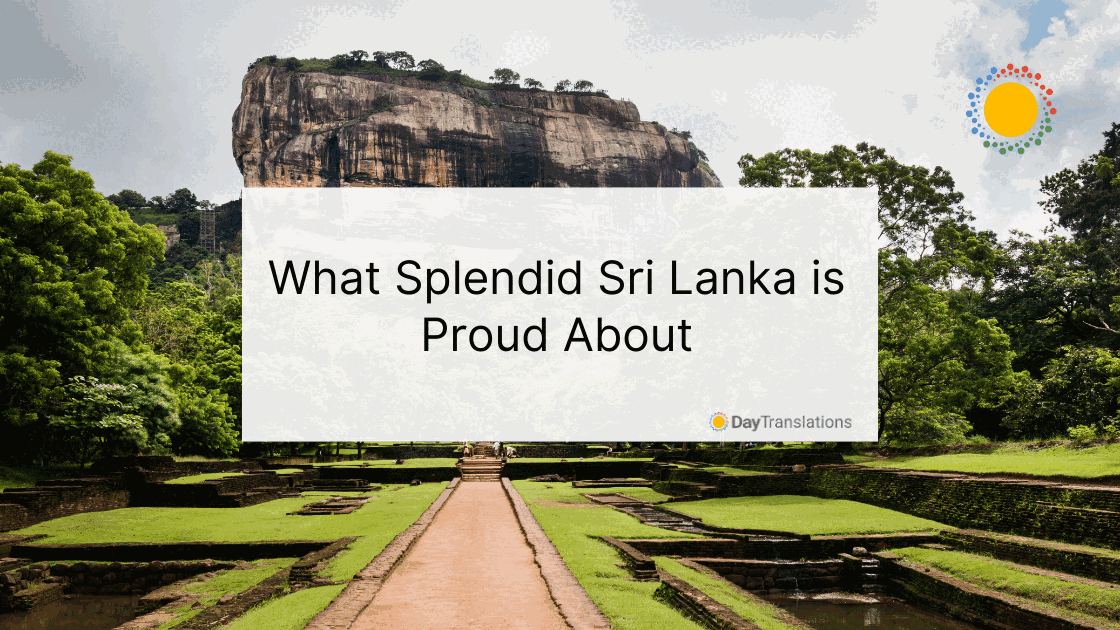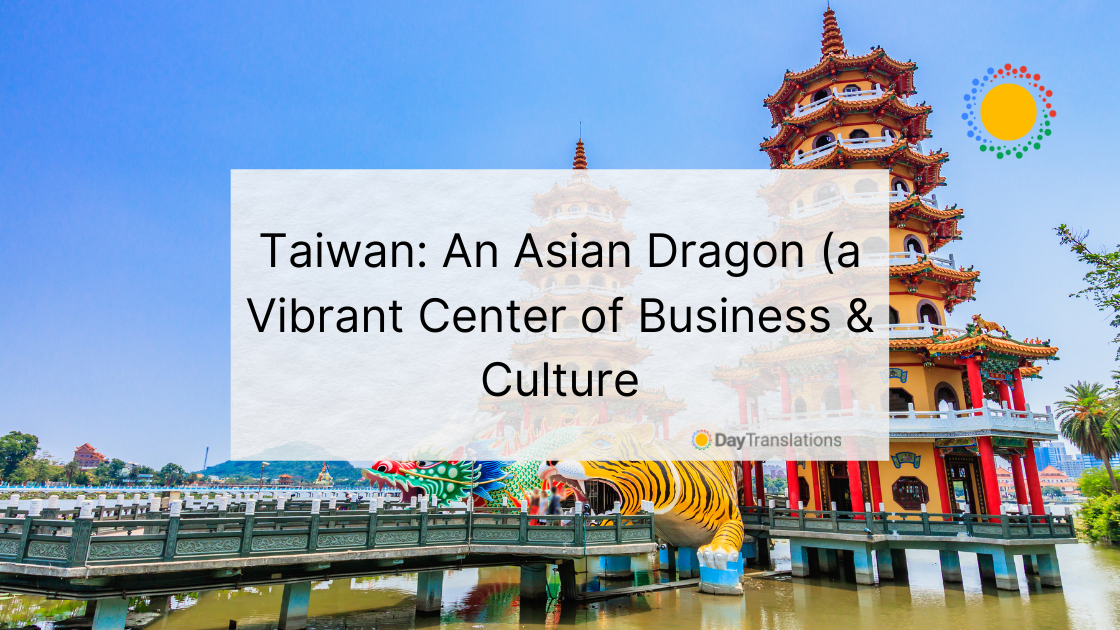In Sanskrit, the name Sri Lanka means “Venerable Island.” The name comes from the words sri, meaning venerable, and lanka, which means island. The island nation is surrounded by the Indian Ocean, though it is in close proximity to India and Maldives. Sri Lanka is known for the beauty of its natural landscape and high biodiversity, rich resources, important history, cultural wealth and friendly people.
There are close to 19 million people who call Sri Lanka their home. Sri Lanka has played an important role in history as an important part of the Silk Road. The ancient kings of the island have also left behind some of the most amazing sites, forts and relics, which today are considered national treasures and even declared as world heritage sites. Given all these assets in favor of Sri Lanka, it certainly deserves a second look.
Here are some trivia about Sri Lanka
Sri Lanka by any other name
Prior to being called Sri Lanka, the country was known as Ceylon. Yes, this is where Ceylon tea comes from, which is one of the main products of the country. It has a rich and important history spanning some three millennia. In fact, Sri Lanka is even mentioned in the ancient Indian epics Mahabharata and Ramayana. Up until World War II, the country played an important role during the Silk Trade, due to its location.
In ancient times, the people of neighboring India called the nation Lanka or Sinhala. On the other hand, it was called Taprobane by the Greeks, while the Arabs called it Serendib, which is the root word for serendipity. It was the Portuguese who called the island Ceilao, which in English is Ceylon.
Sri Lanka has also been termed “The tear drop of India” because of the tear drop shape of the island and its proximity to India. It has also been called “The Pearl of the Indian Ocean.” As homage to its friendly people, Sri Lanka also enjoys being called “The nation of smiling people”. In the 20th century, it was also referred to as “Free, Sovereign and Independent Republic of Sri Lanka”, though in modern times, it is officially called the Democratic Socialist Republic of Sri Lanka.
Speak easy
In Sri Lanka, there are two official languages. The first is Sinhala or Sinhalese, which is spoken by almost two-third of the population. The official language is Tamil. In all, there are seven individual languages in the country, Indo-Portuguese, Sinhala, Sri Lankan Creole Malay, Tamil, Veddah, English and Sri Lankan Sign Language.
English is widely spoken owing to the country’s British colonial rule. In fact, Sri Lanka didn’t gain its independence till February of 1948. Back then, it was known as the Dominion of Ceylon. English is considered a link language and is used as the medium of instruction, as well as for business.
Ceylon tea
Sri Lanka is the fourth largest producer and second largest exporter of tea in the world. Tea production also accounts for 12% of the country’s GDP, employs more than a million people and is a $700 million annual industry. The tea was brought from China by the British in 1824 and the first tea plantation was opened in Kandy estate in 1867.
Loving the lion
Just like the city state of Singapore, Sri Lanka is represented by a lion. The golden lion on the country’s flag is set against a crimson fabric, adorned with bo leaves. The fortress of King Kasyapa is also known as Lion Rock, or Sigiriya. The fortress palace was constructed during the time of King Kasyapa during the 4th century, which many consider as an eighth wonder of the world.
Powered by water
Unlike many other nations in Asia and in the rest of the world, Sri Lanka’s power is generated by the many waterfalls that are scattered all over the country. Hydropower energy is the way to go in Sri Lanka and generates as much as 45% of the total electricity for households in the country. It is also the oldest and most reliable power source in the country. Victoria Dam is the largest hydroelectric source and there are nine other hydroelectric power stations in the country. Thermal heat, solar power and wind power are other power sources.
Once ruled by a woman
It is the first country in Asia to ever have a female ruler. Queen Anula ruled the island between 47-42 BC. She was known for her ruthlessness because of what she did to gain power for five years. To rise to power, she poisoned four husbands and consorts.
Where sweet cinnamon comes from
Cinnamon is a major product of the country, which is native to the island. It is derived from the Cinnamomum verum tree. The term cinnamon is from the Greek word kinnamomon, which is from the Phoenicians. Today, the majority of the world’s supply of Cinnamomum verum is from Sri Lanka, accounting for some 80 to 90 percent of the world supply. Coffee is another major product of the country, introduced to the nation by the Arabs.
Eight world heritage sites
History buffs will be captivated by Sri Lanka. The island has prehistoric records that dates back 125,000 years and has some of the best-preserved ruins in Asia. UNESCO has declared eight world heritage sites on the island nation. The most popular is the Fortress in the Sky, or the Sigiriya.
The other noteworthy World Heritage Sites in Sri Lanka are the ancient city of Polonnaruwa (the second oldest kingdom in Sri Lanka), the Golden Temple of Dambulla (a temple built inside a cave), Galle town and its surrounding fortifications, the sacred cities of Anuradhapura and Kandy and the Sinharaja Forest Reserve. The latest addition is the Central Highlands of Sri Lanka, which is also regarded as a World Biosphere Reserve.
High in biodiversity
Nature lovers will enjoy the island! Sri Lanka is listed as one of the 25 biodiversity hotspots in the globe. It ranks first in Asia in terms of biodiversity density. About a quarter of the total flowering plants and mammals in the country are endemic to the island.
There are also 24 wildlife reserve in the country, where Asian elephants, sloth bears, leopards and a number of endangered animals can roam freely.
Most number of holidays
Sri Lanka has one of the most number of holidays in the world. This is because of its multi cultural diversity, where Buddhist, Muslim, Hindu, Christian and a number of national festivals are celebrated. During the full moon, public places are closed for the “Poya Day,” which is a Buddhist holiday. New Year is celebrated around April 13, since it is the end of the harvest and the start of the monsoon season. It is also the biggest Buddhist celebration.
The Esala Festival or the Kandy Esala Perahera is a ten-day festival in honor of the Sacred Tooth Relic, wherein elaborately dressed elephants, Kandian dancers and drummers are part of the celebration. It is the most famous of the holidays in Sri Lanka.














Sorry, the comment form is closed at this time.